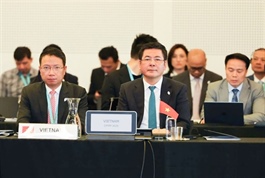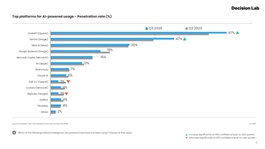SME development fund in need of reforms
SME development fund in need of reforms
Despite numerous state policies and credit programmes, SMEs still face serious difficulties in accessing capital, mainly due to lack of collateral, weak financial capacity, and complex appraisal procedures.
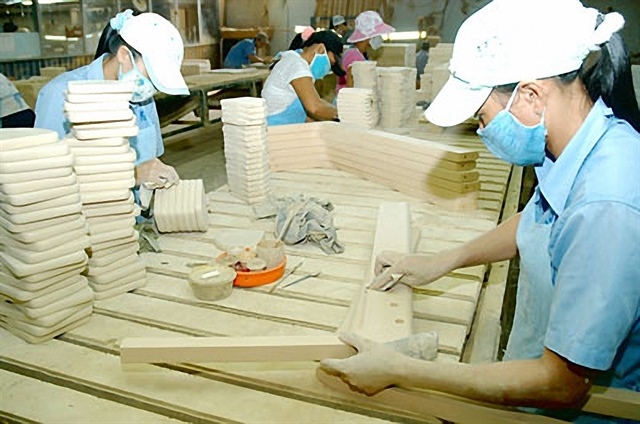
Despite numerous state policies and credit programmes, SMEs still face serious difficulties in accessing capital. Photo chinhphu.vn |
Reforms are needed for Việt Nam's small and medium enterprise (SME) development fund to alleviate capital shortages and promote private-sector growth.
Despite numerous state policies and credit programmes, SMEs still face serious difficulties in accessing capital, mainly due to lack of collateral, weak financial capacity, and complex appraisal procedures.
The reform is among the tasks listed in Resolution 68 issued on May 25 by the ruling Communist Party of Việt Nam on private economic development to reduce the burden on banks while expanding access to capital for potential private enterprises that lack sufficient collateral.
Speaking at a recent session of the National Assembly, deputy Lý Thị Lan highlighted the importance of the SME development fund in realising Việt Nam’s broader goals for private-sector and local enterprise development.
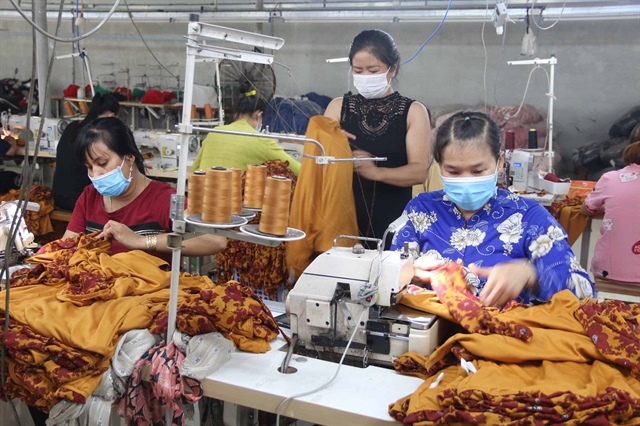
Despite numerous state policies and credit programmes, SMEs still face serious difficulties in accessing capital. Photo chinhphu.vn |
Lan said that completion of the fund’s operational framework would help concretise the Party and State’s major policies on private economic development, as affirmed in Resolution 68, Resolution 198 of the National Assembly, and Resolution 139 of the Government.
These policies identify the private sector as a key driver of the national economy, with financial support and start-up credit for SMEs seen as essential solutions.
“The SME development fund plays a vital role as a financial instrument to help enterprises access preferential capital, promote innovation, create jobs, and expand production — especially in mountainous provinces where small-scale businesses often struggle with limited financial capacity,” Lan said.
Current SME support mechanisms remain limited. Coordination between the central fund and local authorities is unclear, despite high demand for capital.
The absence of a clear mechanism for decentralisation has prevented localities from proactively implementing and managing the fund’s activities.
Financial resources and support criteria also lack regional prioritisation, particularly for mountainous or disadvantaged areas. Moreover, the absence of linkage between the SME development fund and other funds — such as the technology innovation fund and the science-technology development fund — prevents the formation of a full supportive chain.
Policy framework upgrades
To address these issues, the Ministry of Finance is drafting a new decree on the fund’s organisation and operation, replacing Decree 39/2019 and Decree 45/2024.
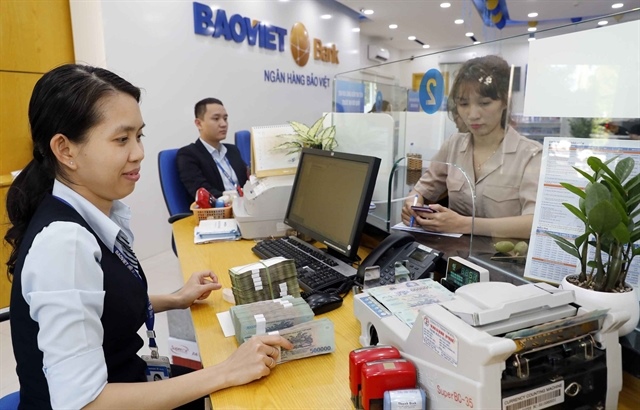
Despite numerous state policies and credit programmes, SMEs still face serious difficulties in accessing capital. Photo chinhphu.vn |
NA Deputy Lan said this move was necessary to institutionalise the Party and National Assembly’s policies on private economic development.
Lan proposed three key reforms for the draft decree, including clarifying the fund’s legal status and operational model; expanding the scope of support, especially for innovative startups and household businesses; and enhancing coordination between localities, particularly in mountainous provinces, to ensure effective use of supportive resources.
She also recommended stronger linkages between the SME development fund and other innovation-related funds, forming a seamless support chain for businesses — from innovation to production and commercialisation.
Additionally, promoting digital transformation and information transparency would make it easier for businesses to access loans and ensure fairness.
Phạm Xuân Hòe, former deputy director of the Institute of Strategy under the State Bank of Vietnam, proposed merging local credit guarantee funds with the SME development fund to form a national SME credit guarantee fund.
He cited successful models from South Korea and Chinese Taipei, where small business loans are insured through credit insurance systems — ensuring a portion of each loan is covered against default risk.
Hòe also suggested that both government and local authorities allocate a portion of their annual budgets to strengthen resources for the fund.
“The private sector contributes over 50 per cent of GDP, creates more than 80 per cent of jobs, and provides about 33 per cent of state budget revenue," he said.
"It deserves the strongest support from both state and local levels."
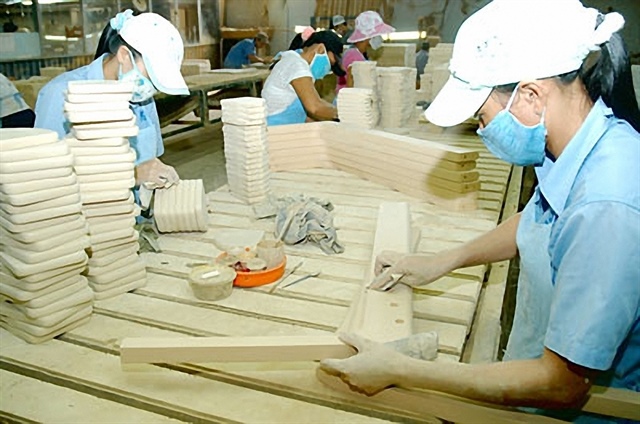
Despite numerous state policies and credit programmes, SMEs still face serious difficulties in accessing capital. Photo chinhphu.vn |
He further proposed that the government introduce a new decree regulating the operations of the Guarantee Fund, ensuring better coordination with business associations, industry bodies, and tax authorities to develop credit scoring systems for SMEs.
“The State should even subsidise auditing costs so that businesses can make their financial statements transparent, improving their credit ratings and access to capital,” he added.
Ongoing capital barriers
Currently, SMEs can access capital through three main channels: commercial banks, the SME development fund, and local credit guarantee funds. In practice, however, these channels remain modest and underutilised.
The number of credit guarantee funds has even declined – from 28 in 2018 to 24 by 2022. Some localities dissolved their funds due to ineffective operations or lack of local engagement.
Under Decree 34/2018, loan guarantees still require collateral. In cases where collateral is exempted, fund leaders must assume responsibility, discouraging the use of credit guarantees for SMEs. Consequently, many enterprises are unable to access support capital.
By the end of 2024, the SME Development Fund had disbursed only 30–35 per cent of its allocated capital, highlighting deep operational inefficiencies.
“If they maintain such rigid borrowing conditions, these funds cannot fulfil their purpose,” said Nguyễn Văn Thân, chairman of the Association of Small and Medium Enterprises.
“The State must have more open mechanisms so that the funds can truly lend to small and medium enterprises.”
Meanwhile, commercial banks, following international risk management standards, require transparent financial reporting and sufficient collateral, which many SMEs still lack.
Around 70 per cent of SMEs reportedly face difficulties accessing bank loans due to low transparency, lack of collateral or weak credit ratings.
Even when loans are approved, interest rates remain high, typically ranging from 9-11 per cent per year, with short repayment terms.
These factors further increase operating costs for enterprises and hinder competitiveness compared with peers in other ASEAN countries.
A stronger, more flexible fund structure, coupled with transparent governance and better coordination with innovation and credit guarantee mechanisms, could unlock new opportunities for millions of small businesses across the country.
- 09:53 22/11/2025








